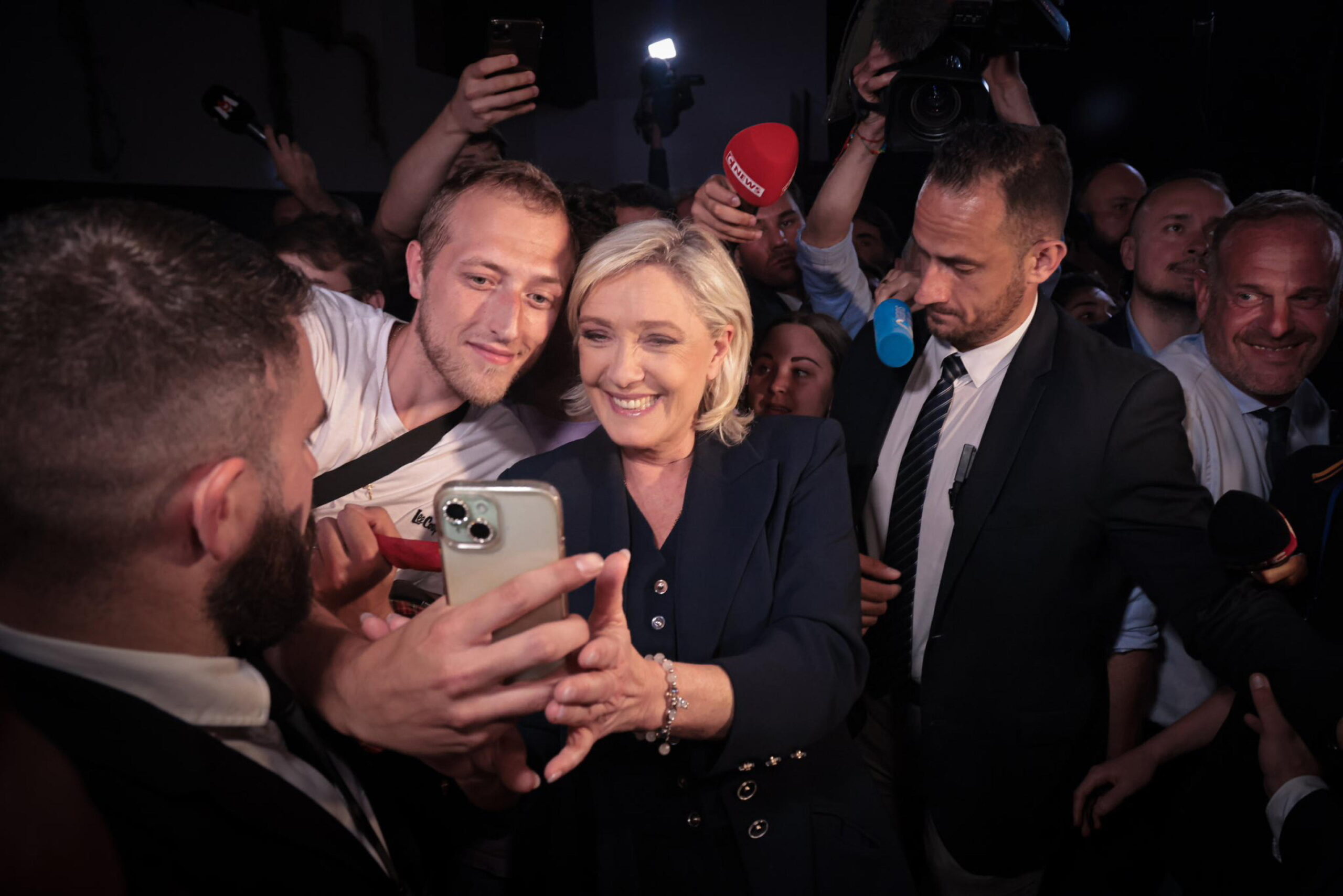The Undersecretary of Culture, Gianmarco Mazzi, spoke this morning at Non-stop news, a radio show included in the RTL 102.5 schedule with Enrico Galletti, Giusi Legrenzi and Massimo Lo Nigro tackling the theme of violence in rap lyrics. “The government was deeply struck by the appeal launched by important personalities from the world of entertainment – said Mazzi, born in 1960, former artistic director of the Sanremo Festival – all women, including Cristiana Capotondi, Anna Foglietta and Paola Cortellesi, who reported extremely violent texts with misogynistic content. We accepted this appeal because we cannot ignore the problem: some texts are truly disconcerting.” Mazzi, continuing his response, already anticipates the accusations that have arisen in recent minutes on social networks: “We do not intend to adopt an attitude of censorship, but we ask ourselves legitimate questions. We wonder, for example, why these texts are edited and published by major record companies, which are often multinationals and within which there is a culture of respect of women and equality in the workplace. How can these record companies transgress their own code of ethics by publishing such violent lyrics?” The Undersecretary then announced the opening of a dialogue with some of the main players of the recording market: “We have discussed the issue with Spotify executives – he says – We wonder why Spotify, compared to many social media that prevent the inclusion and publication of violent content, allows the dissemination of these texts. It's not that being part of a musical genre makes the lyrical content any less violent. They assured us they were available for a discussion. We organized a meeting for the month of May entitled “When the music gets violent», in which we do not intend to impose anything, but simply to dialogue. Our job is pragmatic, but when women raise a problem, we must listen to them. Our main goal is to open a constructive dialogue. We have already received some responses from artists, who claimed that these texts were hyperbolic, a kind of fiction, a form of art.” The response received from the artists therefore did not change over time: “They made a comparison, they say it's a bit similar to what Tarantino does in the cinema,” says Mazzi. The alleged problem has indeed been raised several times in recent years, but the undersecretary for microphones of RTL answers: “I think this is true to a certain point, because we see that artists, who are often part of the world of rap and trap, then have lives marked by the violence that they advocate .”
Mazzi's concern then turns to the lower segments of the public, but in any case he clearly presents himself as a listener, offering nothing other than a dialogue with the artists: “So I don't know if we will arrive to a protocol where each operator in the sector commits to this phenomenon which must be contained in one way or another. We could end up proposing a protocol, but I would like to do it by involving the world of music, the record companies, the publishers and the SIAE.” Speaking of SIAE, in fact Gianmarco Mazzi had already publicly expressed his concerns to this topic during the last edition of the Milan Music Week last November, finding the support of the Italian Society of Authors and Publishers through the words of President Salvatore Nastasi: “The SIAE welcomes the invitation of the Undersecretary Gianmarco Mazzi to start a constructive dialogue between all subjects of the Italian music industry on the theme of violent, racist and homophobic lyrics, convinced that it is urgent to find a fair compromise between the intangible freedom of expression, such as it is dedicated to article 21 of the Italian Constitution, and the need to transmit positive messages through art and culture, particularly among young people.” “We understand the uneasiness – Mazzi continues on RTL 102.5 – I received a phone call from a priest who explained to me that for some of these artists, music is redemption. I understand that, but not to the detriment of a lot of very young people, we're talking about listeners who are 10 or 11 years old, they're almost children, not even teenagers.” At this point, especially on social media, the attention is focused on the concept of “protocol”, which many in fact interpret as “censorship”, but Mazzi returns to his intentions at the end of his speech: “I would like that all of this was not considered heavy or censoring, but as a regulation that the system gives itself. I believe in music and in the social importance of this world, and I only ask that we become aware of it and that we do not treat things only from a point of view. commercial view.” A dialogue that will begin very quickly, in fact in the coming days the Ministry has organized four days/events inviting big stars of Italian entertainment, as well as operators and unions, to the dialogue, to develop the very first entertainment code.

